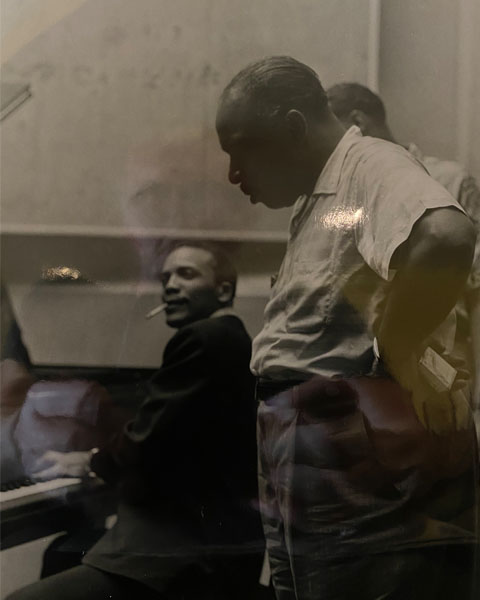
Quincy Jones
(1933)
Quincy Jones, American musical performer, producer, arranger, and composer whose work encompasses virtually all forms of popular music.
Jones was born in Chicago and reared in Bremerton, Washington, where he studied the trumpet and worked locally with the then-unknown pianist-singer Ray Charles. In the early 1950s Jones studied briefly at the prestigious Schillinger House (now Berklee College of Music) in Boston before touring with Lionel Hampton as a trumpeter and arranger. He soon became a prolific freelance arranger, working with Clifford Brown, Gigi Gryce, Oscar Pettiford, Cannonball Adderley, Count Basie, Dinah Washington, and many others. He toured with Dizzy Gillespie’s big band in 1956, recorded his first album as a leader in the same year, worked in Paris for the Barclay label as an arranger and producer in the late 1950s, and continued to compose. Some of his more successful compositions from this period include “Stockholm Sweetnin’,” “For Lena and Lennie,” and “Jessica’s Day.”
Back in the United States in 1961, Jones became an artists-and-repertoire (or “A&R” in trade jargon) director for Mercury Records. In 1964 he was named a vice president at Mercury, thereby becoming one of the first African Americans to hold a top executive position at a major American record label. In the 1960s Jones recorded occasional jazz dates, arranged albums for many singers (including Frank Sinatra, Peggy Lee, and Billy Eckstine), and composed music for several films, including The Pawnbroker (1964), In the Heat of the Night (1967), and In Cold Blood (1967). Jones next worked for the A&M label from 1969 to 1981 (with a brief hiatus as he recovered from a brain aneurysm in 1974) and moved increasingly away from jazz toward pop music. During this time he became one of the most famous producers in the world, his success enabling him to start his own record label, Qwest, in 1980.
Jones’s best-known work includes producing an all-time best-selling album, Michael Jackson’s Thriller (1982), organizing the all-star charity recording “We Are the World” (1985), and producing the film The Color Purple (1985) and the television series The Fresh Prince of Bel-Air (1990–96). In 1993 he founded the magazine Vibe, which he sold in 2006.
Throughout the years, Jones worked with a “who’s who” of figures from all fields of popular music. He was nominated for more than 75 Grammy Awards (winning more than 25) and seven Academy Awards and received an Emmy Award for the theme music he wrote for the television miniseries Roots (1977). He received a Kennedy Center Honor in 2001 and the National Medal of Arts in 2010.
Lorem ipsum dolor sit amet, consectetur adipiscing elit. Maecenas rutrum iaculis accumsan. Fusce tincidunt lectus in justo lobortis congue. Nunc viverra fermentum pellentesque.
In vitae lacus mi. Lorem ipsum dolor sit amet, consectetur adipiscing elit. Pellentesque gravida dictum sagittis. Praesent mollis, sem eu tincidunt commodo, sapien erat pulvinar odio, in ultricies nunc purus quis sem. Integer at hendrerit purus. Vivamus facilisis lectus sed iaculis tempor. Nullam pellentesque ligula nec placerat semper.








